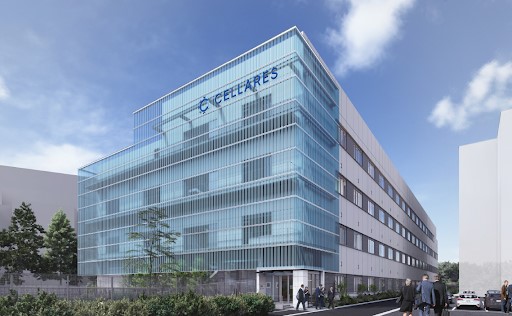Cellares, in collaboration with Mitsui Fudosan, a Japanese real estate developer, established Japan’s first next-gen commercial production site for CAR-T cell therapies. The facility is under construction in Kashiwa City, located approximately 30 kilometers northeast of central Tokyo in the Chiba Prefecture.
This Integrated Development and Manufacturing Organization (IDMO) Smart Factory is expected to provide employment to 350 people while enabling scalable and cost-effective cell therapy manufacturing, addressing an urgent need for patients in Japan and neighboring regions, according to Fabian Gerlinghaus, CEO and co-founder of Cellares.
The facility will utilize Cellares’ technology platforms, the Cell Shuttle™ and Cell Q™, to automate cell therapy manufacturing and quality control. The technology reduces batch prices by up to 50% and eliminates manufacturing bottlenecks that use manual processes, continues Gerlinghaus, adding that the entire Smart Factory will be integrated and optimized to eliminate any downstream bottlenecks as well.
Simplifies cold chain logistics
“Manufacturing cell therapies locally simplifies cold chain logistics, accelerates vein-to-vein time and reduces cost,” says Gerlinghaus. “Our Japanese IDMO Smart Factory is part of a broader strategy to be a global manufacturing partner for our clients and meet the total patient demand for cell therapies around the world.”
The new site’s impact extends beyond patient care, points out Gerlinghaus. By accelerating the availability of CAR-T treatments, this initiative has the potential to help advance the development and approval of CAR-T therapeutics in Japan, he explains, noting that once the IDMO Smart Factory is online, technical transfers between Cellares’ facilities in other regions are expected to be a seamless, rapid, software-enabled digital process.
“For cancer patients in Japan, the establishment of this facility provides access to cutting-edge therapies that can make a critical difference in their fight against diseases,” says Toshihiko Doi, MD, PhD, the chairperson of the Kashiwa-no-ha Life Science Committee. “It marks a significant step toward eliminating the drug delivery lag time that has been a challenge for rare disease and oncology treatments.”



